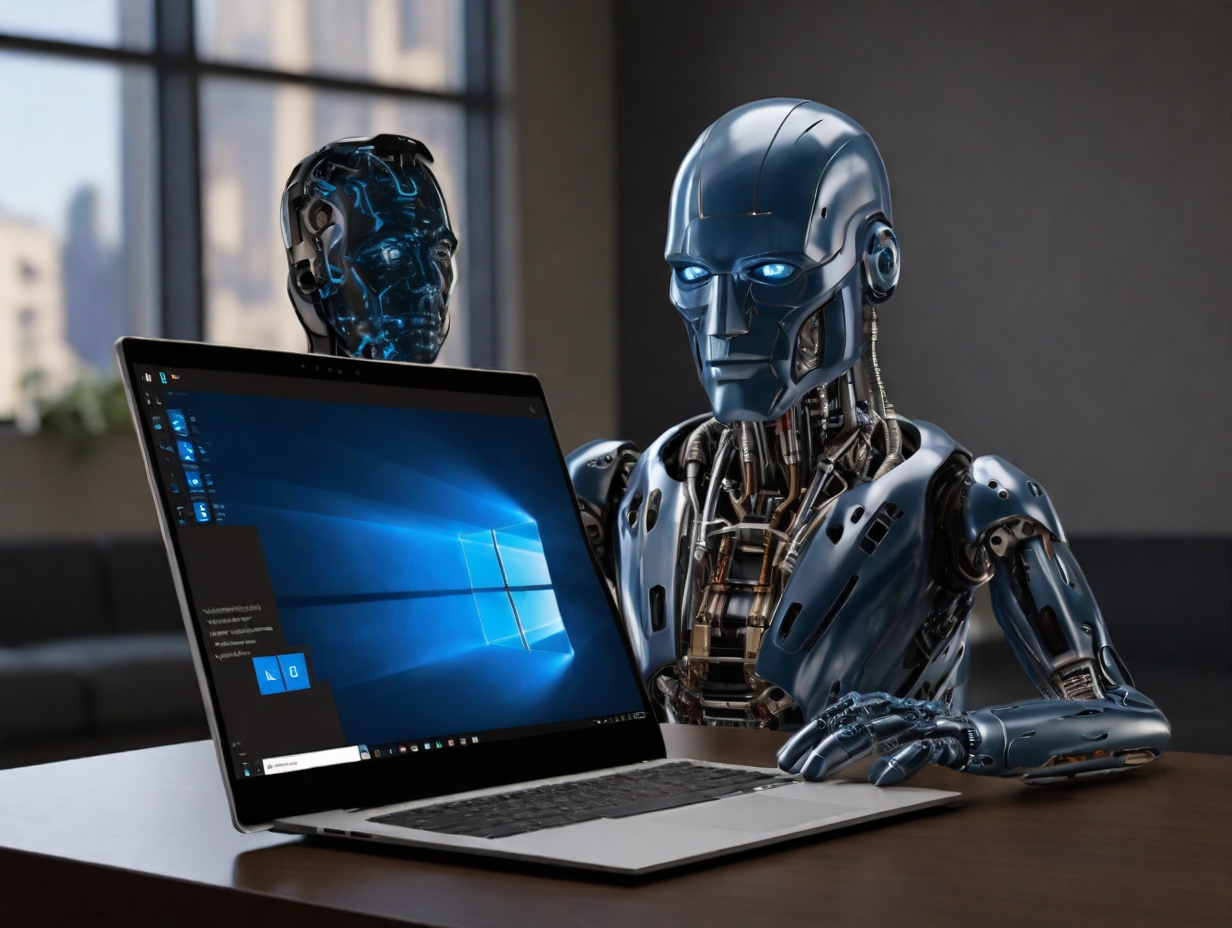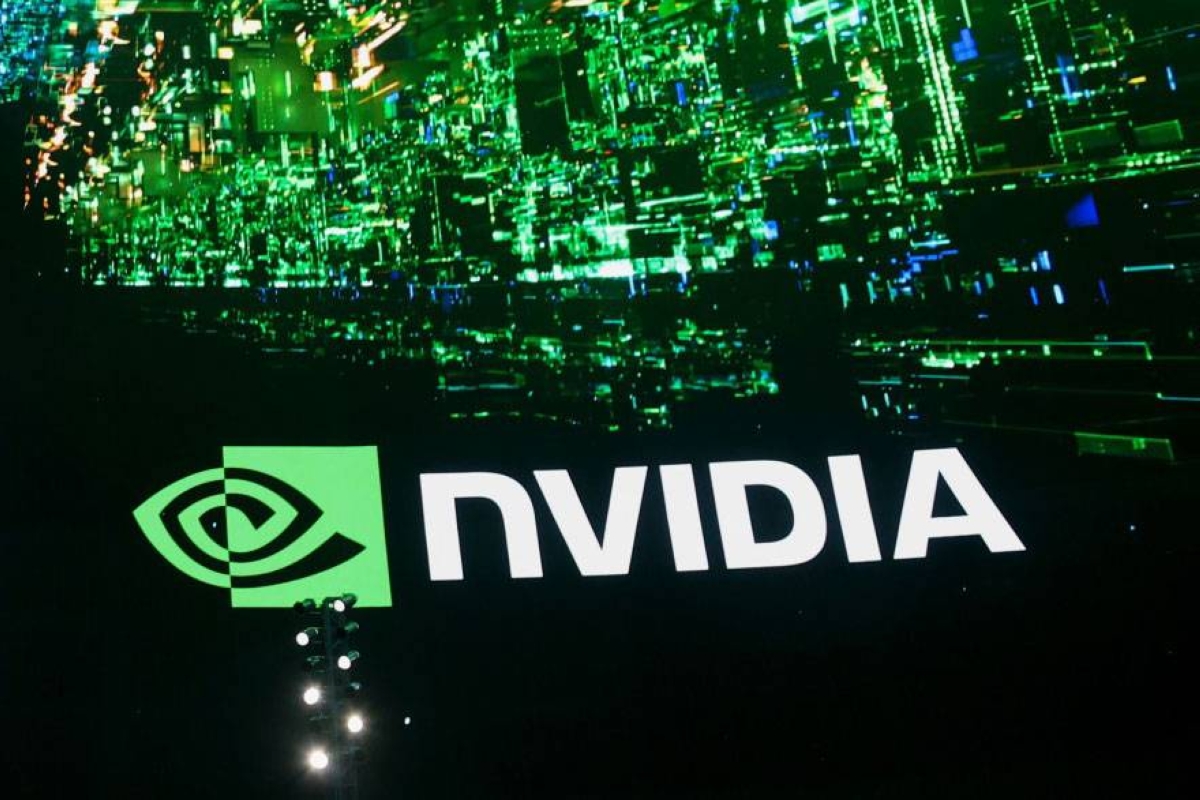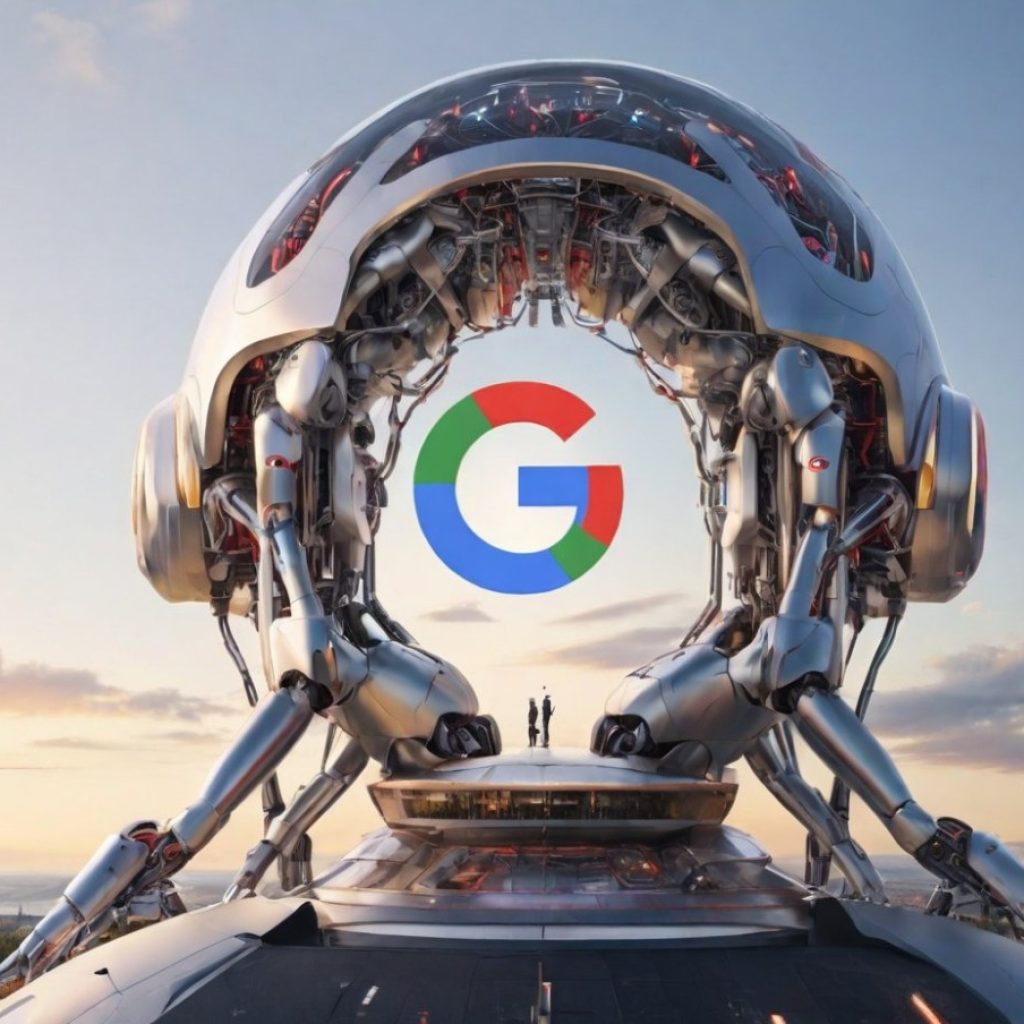In the rapidly evolving landscape of personal computing, Microsoft is under scrutiny for its delayed response to the demand for AI integration in Windows operating systems. As hardware manufacturers advance with AI-centric innovations, including neural processing units (NPUs) from Intel and AMD and powerful Nvidia, Microsoft’s software has yet to catch up, leaving consumers questioning the viability of “AI PCs.”
Hardware innovations outpace software development
The hardware industry, led by stalwarts like Intel, AMD, and Nvidia, has made significant strides in integrating AI capabilities into personal computers. Intel’s Meteor Lake chips, equipped with NPUs, promise efficient AI processing, while AMD and Nvidia offer similar solutions, heralding a new era of AI-enabled computing. PC manufacturers have eagerly adopted these advancements and are integrating them into their latest offerings.
However, while the hardware landscape flourishes, Microsoft’s software development for Windows lags. The company’s failure to match hardware innovations with software advancements has left a glaring gap in the market. Despite the marketing buzz surrounding “AI PCs,” Windows has yet to deliver on the promise of deeply integrated AI functionalities.
Uncertainty surrounds Microsoft’s vision
Amidst mounting pressure, Microsoft has remained reticent about its vision for AI integration in Windows. Despite vague statements about forthcoming updates, the company has failed to provide concrete details, leaving consumers and industry insiders speculating about the future of AI-enabled computing on Windows.
Recent leaks suggest that Microsoft may be gearing up to address this gap by introducing an “AI Explorer,” touted as an advanced iteration of Copilot. This feature promises enhanced AI capabilities, including a history feature for comprehensive search functionalities and intelligent task suggestions based on user activity.
While Microsoft grapples with software development delays, competitors such as Google and Apple are swiftly advancing their AI initiatives. Google’s Gemini project aims to integrate AI features into Chrome, while Apple’s rumored developments in genAI present further competition. Microsoft risks falling behind in the race for AI dominance, jeopardizing its position in the fiercely competitive PC market.
Implications for the PC ecosystem
The repercussions of Microsoft’s sluggish response extend beyond its fortunes. PC manufacturers, who have invested heavily in AI-driven hardware, are left in a precarious position as consumer skepticism grows. Without robust software support from Microsoft, AI PCs risk being perceived as gimmicks rather than transformative tools, dampening consumer enthusiasm and stalling market growth.
In light of these challenges, Microsoft faces mounting pressure to deliver tangible AI integration in Windows. The company’s track record, marred by past missteps such as the Windows 8 debacle, underscores the urgency of this task. Failure to deliver on promised AI capabilities could tarnish Microsoft’s reputation and impede the progress of the entire PC ecosystem.
As consumers await concrete updates on Microsoft’s AI roadmap, the industry watches with bated breath, hoping for a breakthrough to propel AI-enabled computing into the mainstream. For now, the future of AI PCs hangs in the balance, awaiting decisive action from Microsoft to realize their full potential.





